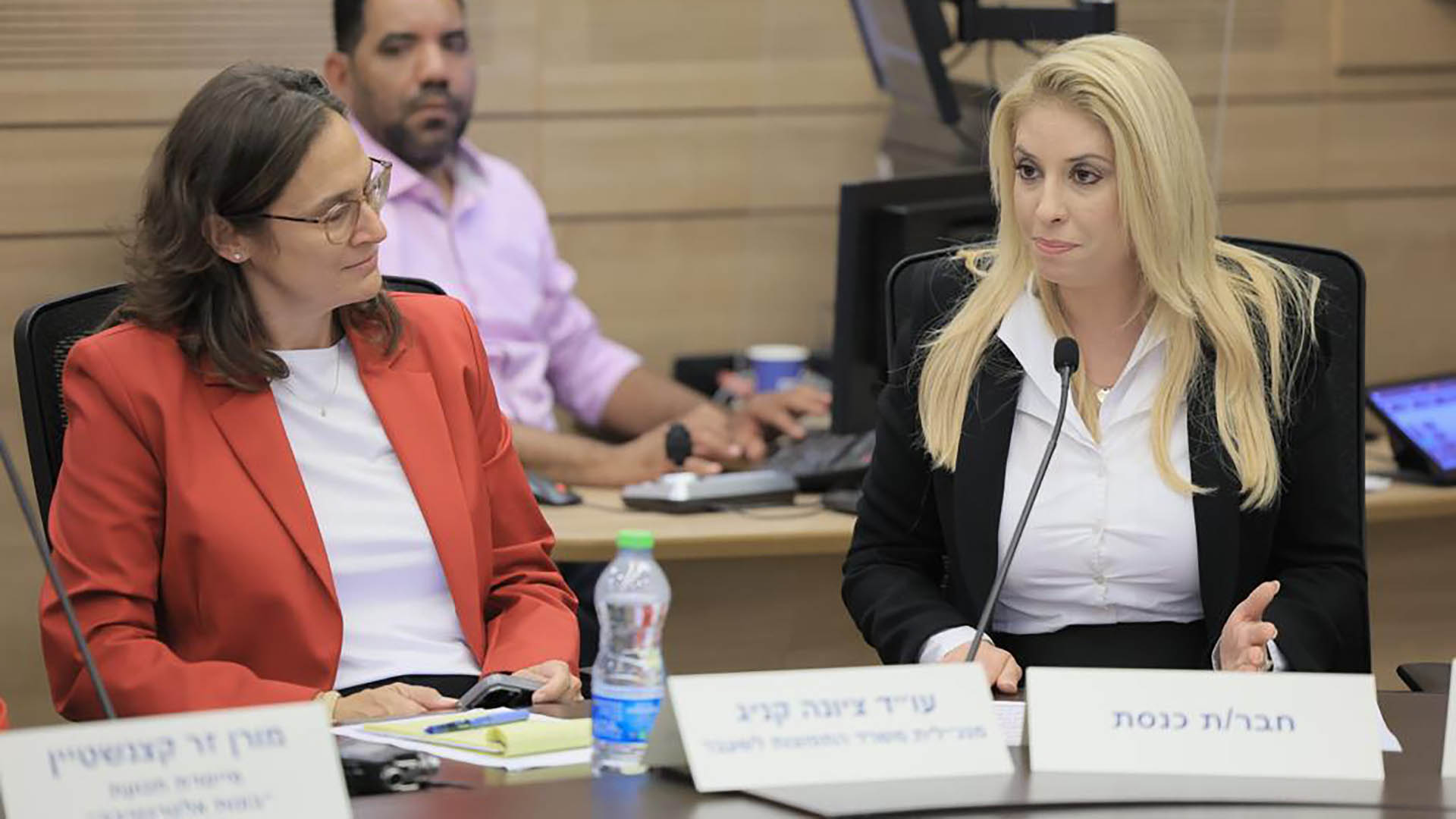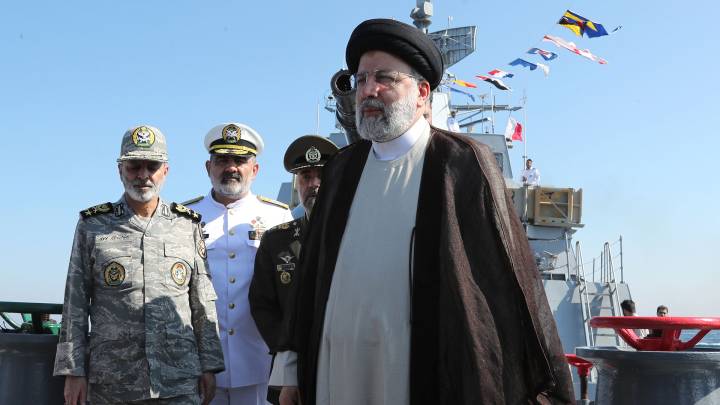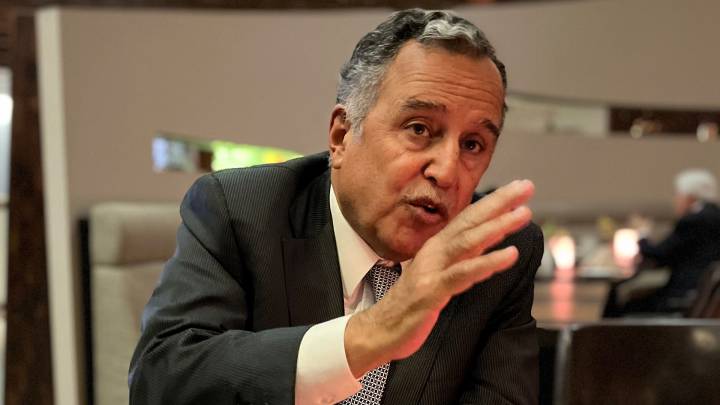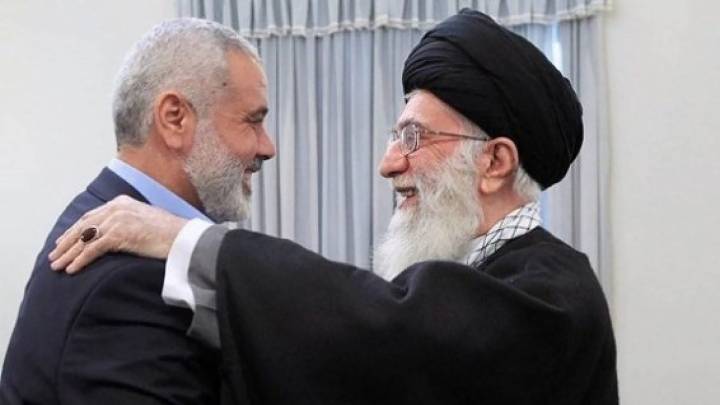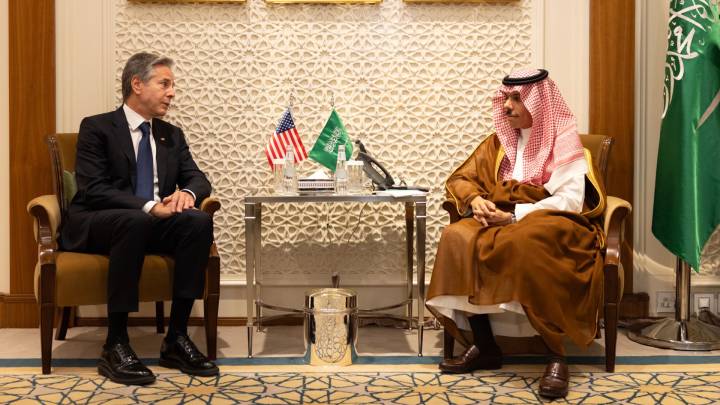Knesset member Shelly Tal Meron advocates for more female representation in politics and the military and draws a direct line to the Gaza war. The Yesh Atid member also explains, why she wants Netanyahu gone – and how a new Israeli government could look like.
zenith: How did your work in the Knesset change since October 7th?
Shelly Tal Meron: It is not only an honour, but also a historic time to be a Member of Knesset. Before the war, we were faced with the judicial reform, and I was sure that preventing the reform was the most important thing I’d ever do in my life. October 7th has changed everything.
How so?
Right after the attack, we as Knesset members established a kind of operational room. It dealt with all the chaos that was happening during the first month. We raised a lot of money from abroad for the State of Israel. We helped soldiers, reservists, hostages, and their families. We did a lot of work. As things progressed, I established the two most important caucuses in the Knesset. First, the caucus for the hostages. Second, the caucus for the victims of sexual violence against women during this war. As you well know, sexual violence is ongoing: We still have 134 hostages in Gaza, including the killed hostages. Among these 134 are also 17 women and babies waiting for their release.
What information do you have about the situation of the hostages in Gaza?
We are very worried. Most of the hostages are being kept in tunnels with hardly any oxygen, water, or food. These women should come back home right now. And not only the women – everybody. The only difference between men and women is that women can get pregnant. As horrible as it is to say it, but that’s the reality. After more than 135 days, these women might get pregnant or even give birth in captivity. That’s not something I’m willing to accept, and therefore I’m fighting for them. There are two goals to this war. The first one is to eliminate Hamas. And the second is the release of the hostages. In my opinion, the hostages should be the main priority of our strategy.
ՙWe are only 29 female Knesset members out of 120. That’s a very, very low number՚
Is that the reason you asked members of the governing Likud party to co-chair the two caucuses you established?
I asked Likud members Boaz Bismuth and Tsega Melaku to co-chair them on purpose because I am convinced that these are bipartisan issues. This is not about politics but about having moral clarity and doing the right thing. The first assemblies we conducted were widely covered by both national and international media. We created a lot of buzz, which was one of the main goals: Two or three days into the war, the narrative shifted to Gaza. Nobody was speaking about what happened to us on October 7th.
How effective have your actions been?
I sat down with both Boaz and Tsega and we made a plan. For example, we asked the Europeans to pressure the Red Cross to finally visit our hostages. And we also met with Gal Hirsch, who is responsible for the hostage negotiations in Israel. I’m part of the opposition, not a coalition member. My amount of power over the government is very limited. But I think that public opinion does have an impact, and we are trying to do the best we can to create public pressure on the government. In my opinion, there needs to be a deal as soon as possible. I still want to visit many countries to speak about the hostage issue. In Israel, everybody wants the hostages to come back, and everybody speaks about it. But I need the world to speak about it. Right now though, everybody is speaking about Gaza.
What is your message to the international community?
We are very, very disappointed with women’s rights organizations around the world. UN-Women as well as the #MeToo movement were completely silent and did not condemn even once what Hamas has done and what has happened to these women or what’s happening right now to them in Gaza. I issued letters to all these organizations telling them what happened, I urged them to speak up, to stand by these innocent women who went through this, and they didn’t respond. As a woman, as an activist who has done this kind of work for many years, I feel betrayed. Nobody stood up and supported us and said: This is not right. We need to make it clear over and over again: Israel did not want this war. I am happy that a few weeks ago, one of the UN-Women representatives came to Israel. She visited the hostages who have been released, their families, and law enforcement, and they all gave her a lot of important information, and she understands much better right now. But it took very, very long for that to happen, and frankly speaking, too long. It’s been four months.
On what fronts are you fighting for women’s rights in your work as a Member of Knesset?
We are only 29 female Knesset members out of 120. That’s a very, very low number. Before the war, I would speak about the lack of female leadership all the time. We have very few female ministers and only one woman within the security cabinet right now. That’s truly not enough, because it affects the decisions being made. When it comes to sexual assault against women, you have to have a woman at the table to discuss that issue. There is a lot to fix in Israel – ridiculously low punishments against perpetrators of sexual violence are just one example. One of the only beautiful things that happened in this war, because war is not beautiful in any way, is that the people of Israel truly saw how wonderful our women are. We have women warriors and pilots doing incredible work. Suddenly, there is a consensus in Israeli public opinion on the fact that our women are doing amazing work. We need to seize the moment and improve our situation.
ՙWe need to think about the day after՚
Before October 7th, female Army scouts along the Gaza border were transmitting warnings, but were not listened to. Does the lack of women in important decision-making positions pose a threat to Israeli security?
That’s a very big statement. Let me say this: I was a captain in the Israeli Air Force. I served for seven years. I have a lot of experience with the Israeli military. And I can tell you that my time of service was amazing. I was completely equal in the places that I served, and I was a decision-maker, of which I’m very proud. But that’s not always the case. We still have a way to go. Some positions within the military are closed to women. We need to open them up to women who are suitable and want to serve in these positions. What happened to the female Army scouts is something that should be investigated. But we still haven’t gotten to that part because it’s still wartime. So once the war is over, the Army needs to sit down and evaluate what happened, not only with the scouts, but in all fields. As for now, it is clear that the scouts weren’t listened to which I’m sure everyone is regretting now. Women deserve to get more respect.
You said in an interview some weeks ago, that 136 coffins with Israeli flags coming out of the Gaza Strip are not a symbol of victory.
First of all, there won’t be any victory pictures. This is a horrible war. We suffered so many losses of life. 1,200 people on October 7th, and almost 600 soldiers since then. There is no victory here. People are dying now and that’s never a good thing. Victory will be first and foremost bringing the hostages back home, and seeing them alive here in Israel. After that, we need to achieve our military goals, finish the war, and think about the day after. We cannot continue to ignore this important question. Otherwise, in 20, 30 or 40 years, we will still be within this cycle of endless war, operations, and hostilities between the two sides. Hamas is a terrorist organization that needs to be eradicated. But we need to figure out a way how to live next door to our neighbours. And we need to find partners that are willing to build a future for both countries. We have told the Prime Minister that we will support a safety net if the extremists within his government try to prevent a deal by threatening to ruin his government. I am very concerned that the Prime Minister has a lot of politics involved in his decision-making process. This is not a real estate deal. This is about human beings, with loved ones, families who are waiting.
Are you and also your party calling for Benjamin Netanyahu to resign?
Definitely, yes. I’ve said it in different ways. I think the best way right now is to replace the government without holding elections – if that’s possible. We can form a broad government with different parties represented in the Knesset, including the Likud, without Prime Minister Netanyahu. A new leadership that will heal Israeli society and create a future. If there’s no other way, however, then we’ll have elections.
How does your party try to achieve that goal?
Most of the work that we do in that regard is not something that we discuss over the media. But we’re not hiding the fact that we would like this government to be replaced immediately. We think that Netanyahu should not be the Prime Minister anymore. He’s making big mistakes. He did not take responsibility for what happened on October 7th, which is the first thing he should have done. Because when you’re in charge, you’re responsible. When I served as an officer in the Army, if something went wrong with my soldiers, I would take responsibility. I’m the commander. It’s on me. I expect the same from the leader of our country. I think the people of Israel have the right to decide who will lead them in the next few years. So I definitely look forward to replacing the government.
Shelly Tal Meron (44), is a Member of Knesset for the liberal opposition Yesh Atid Party since 2023. The mother of two has a background in management and technology and also served in the Israeli Air Force. In the 25th Knesset, she serves in various committees, among them the finance committee, the women’s rights committee, the Aliyah and the science and technology committees.
